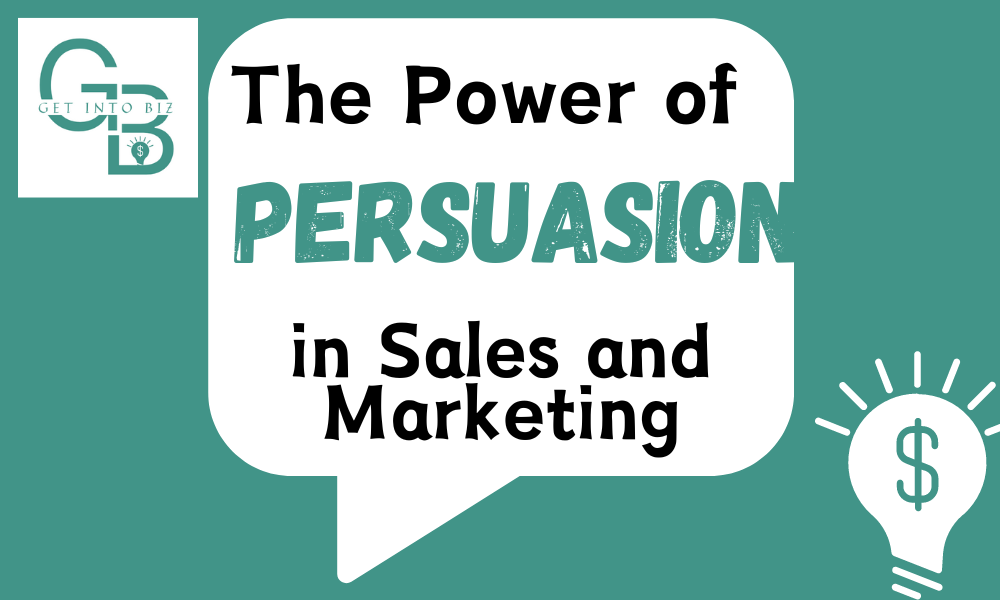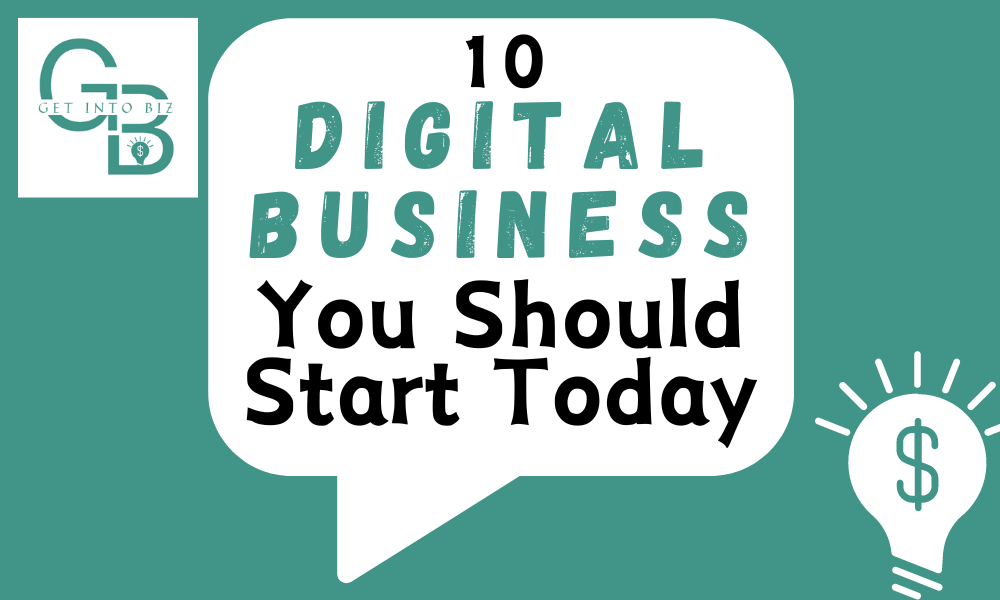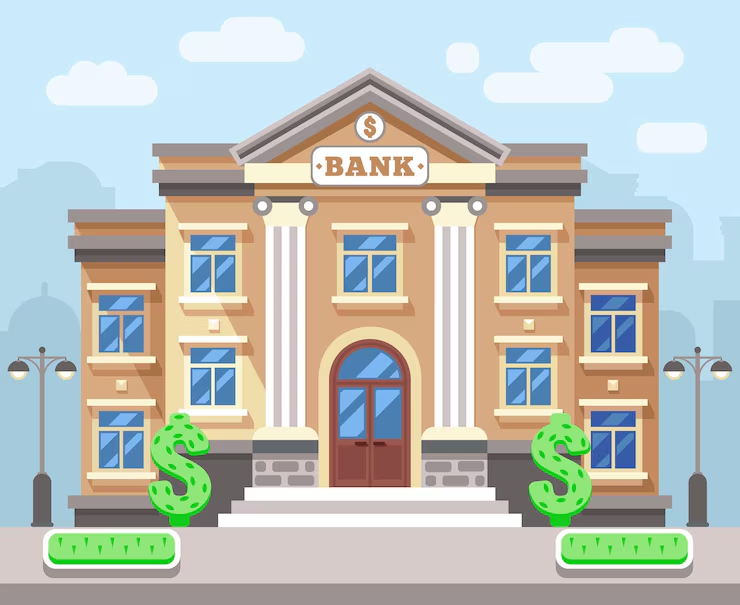The power of persuasion in sales and marketing is crucial for driving conversions and increasing revenue. It involves influencing potential customers to make a purchase or take a desired action through compelling messaging and techniques.
In today’s competitive business landscape, mastering the art of persuasion can set businesses apart from their competitors and boost overall success. By understanding the psychological triggers that drive consumer behavior, businesses can create effective marketing campaigns that connect with their target audience and lead to increased sales.
Through strategic use of persuasive language, visuals, and storytelling, businesses can build trust, establish credibility, and ultimately drive customer engagement and loyalty.
Table of Contents
ToggleThe Psychology Of Persuasion
Discover the fascinating world of persuasion in sales and marketing through the lens of psychology. Learn how to wield the power of persuasion effectively to boost your business and drive revenue.
Understanding how the human mind works is crucial when it comes to the art of persuasion. The principles of psychological persuasion permeate through sales and marketing strategies, influencing consumer behavior and driving purchase decisions.

The Science Behind Persuasive Techniques
Research-backed insights and experiments have helped decode the complex science of persuasive techniques. Cognitive biases, social influence, and emotional triggers are harnessed to shape consumers’ attitudes and actions, ultimately leading to successful persuasion in sales and marketing.
Understanding Consumer Behavior
An in-depth understanding of consumer behavior unravels the secrets to effective persuasion. Interpreting consumer preferences, motivations, and decision-making processes empowers marketers to tailor their strategies with precision, resonating with their target audience on a profound level.
Building Trust And Credibility
When it comes to sales and marketing, trust and credibility play a crucial role in persuading customers to make a purchase. In a world where consumers are increasingly conscious about who they buy from, establishing and maintaining trust is vital. Without trust, it can be challenging to convince potential customers to believe in your product or service, let alone convince them to buy. In this section, we will explore two effective strategies for building trust and credibility in sales and marketing.
Establishing Authentic Connections
One of the most effective ways to build trust and credibility is by establishing authentic connections with your target audience. Customers are more likely to trust a brand or business that they feel understands and relates to their needs and desires. To establish authentic connections, it is essential to engage with your audience on a personal level. This can be achieved through various means, such as:
- Active participation in social media platforms
- Responding promptly to customer inquiries and feedback
- Creating relatable content that addresses customer pain points
- Using storytelling techniques to convey your brand’s values and mission
By demonstrating your genuine interest and understanding of your audience, you can build lasting connections that foster trust and credibility.
Utilizing Social Proof And Testimonials
Another effective strategy for building trust and credibility is by utilizing social proof and testimonials. Social proof refers to the influence that the actions and opinions of others have on our own behavior. When potential customers see that others have had positive experiences with your product or service, they are more likely to trust your brand and be influenced to make a purchase.
There are several ways to leverage social proof:
- Display customer testimonials prominently on your website or landing page, showcasing positive feedback from satisfied customers.
- Include real-time customer reviews and ratings on product pages to provide immediate social proof.
- Showcase endorsements or partnerships with well-known brands or industry experts to increase credibility and trust.
By leveraging social proof and testimonials, you can demonstrate to potential customers that your product or service is reliable, trustworthy, and of high quality.
Crafting Compelling Storytelling
Emotional Impact Of Storytelling
Stories evoke feelings that drive consumer decisions.
- Emotions lead to stronger connections with the audience.
- Emotional storytelling engages and influences buyers.
Creating A Memorable Narrative
A memorable narrative sticks in the minds of consumers.
- Create narratives that connect with the audience’s experiences.
- Personal stories make stories relatable and impactful.
Influence Of Language And Framing
The influence of language and framing plays a crucial role in the power of persuasion in sales and marketing. The way a message is delivered and structured can significantly impact its effectiveness. By understanding and utilizing the principles of language and framing, businesses can enhance their persuasive abilities, leading to increased success in converting leads into customers and driving revenue.
Using Power Words And Phrases
The strategic use of powerful words and phrases can greatly enhance the persuasiveness of sales and marketing materials. Words such as “free,” “exclusive,” “limited time,” and “guaranteed” evoke a sense of urgency and value, prompting potential customers to take action. Emphasizing the benefits and outcomes with phrases like “achieve your dream” and “transform your life” can create emotional connections, increasing the likelihood of a purchase decision.

Framing Offers For Maximum Impact
The way an offer is framed can significantly influence its perceived value. By presenting price comparisons, emphasizing savings, or offering additional incentives, businesses can frame their offers in a way that maximizes impact and appeals to the target audience. Utilizing visuals and highlighting key benefits can further enhance the framing of offers, capturing the attention of potential customers and motivating them to engage with the product or service.
Leveraging Social Influence
Leveraging social influence is a powerful strategy in sales and marketing. Understanding how to tap into the psychology of persuasion can enhance your ability to reach and convert your audience. By utilizing tactics such as reciprocity, authority, scarcity, and urgency, businesses can effectively leverage social influence to drive sales and conversion rates.
Leveraging Reciprocity And Authority
Reciprocity is a fundamental principle of social influence, and it can be a strong tool for businesses. By offering something of value upfront without expecting anything in return, you can trigger a sense of obligation in your audience. This could be in the form of free content, resources, or tools that provide tangible benefits. Additionally, showcasing authority in your industry can introduce trust and credibility to your brand. This can be achieved through expert endorsements, certifications, or displaying relevant achievements.
Creating Scarcity And Urgency
Scarcity and urgency are powerful psychological triggers that can drive prospects to take action. By creating a sense of exclusivity or limited availability, you can stimulate a fear of missing out in your audience. Limited-time offers, exclusive deals or product scarcity can drive a sense of urgency, compelling potential customers to act fast.
Ultimately, the power of persuasion is undeniably crucial in the world of sales and marketing. It enables brands to effectively communicate their message, influence customer behavior, and drive conversions. By understanding the psychology behind persuasion, businesses can modify their strategies to appeal to their target audience effectively.
Whether it is through storytelling, social proof, or scarcity, persuasive techniques can significantly impact a brand’s success. Therefore, embracing the power of persuasion can be a game-changer for businesses seeking to thrive in the competitive marketplace.








